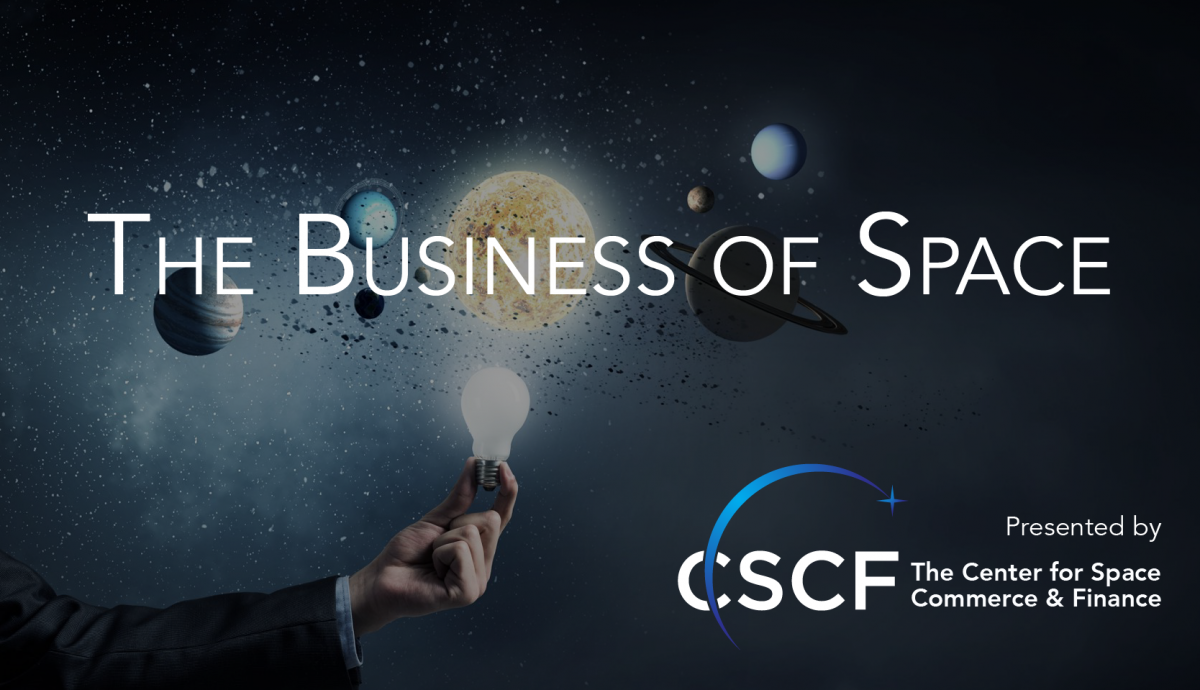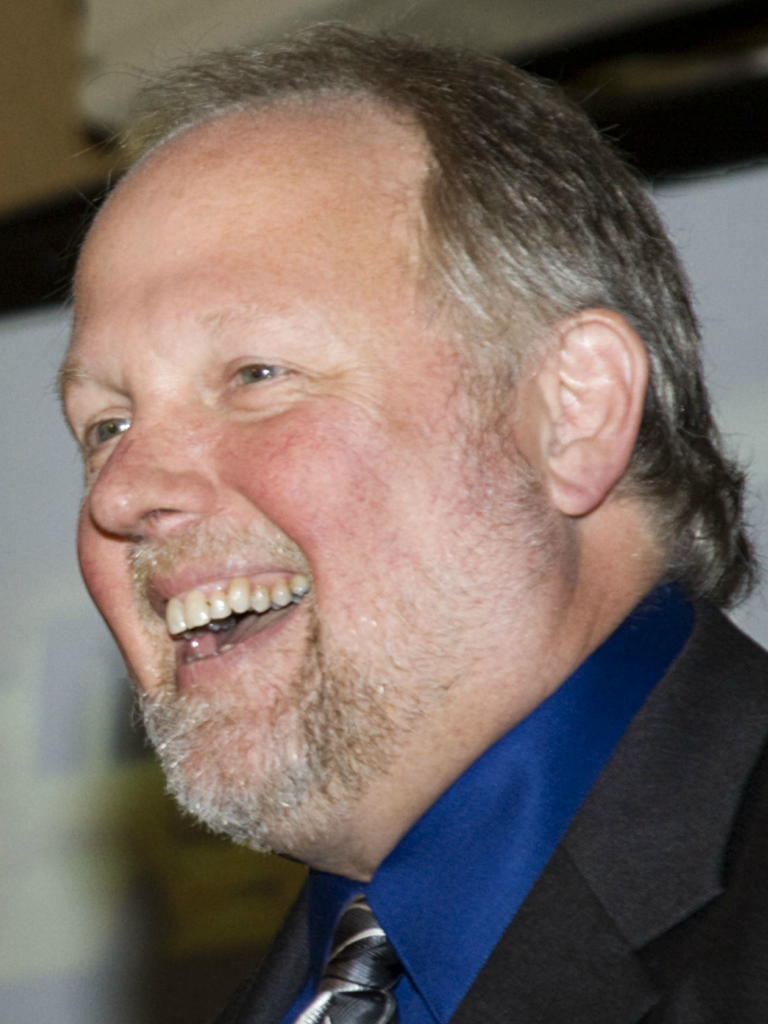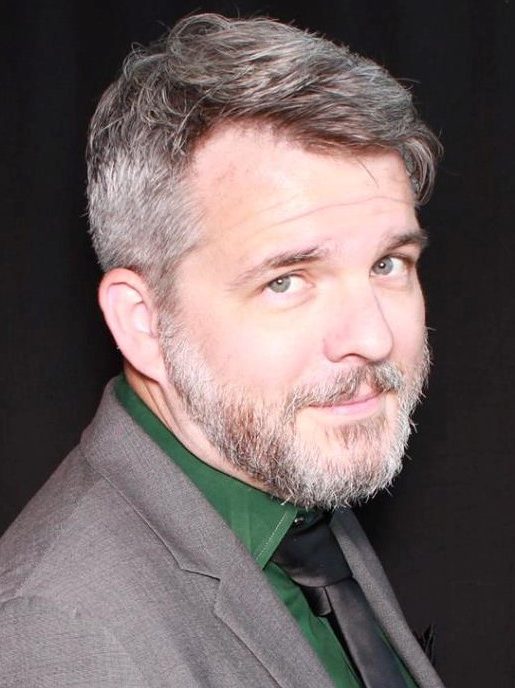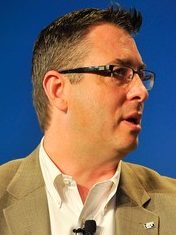Business Plan Space Entrepreneurship & Investment

The presentations in this track are geared toward developing an understanding for the concerns of space entrepreneurship and commercialization.The track will address conceptual considerations of business strategy, investment opportunities of NewSpace, Space-Scalable Strategies, orbital debris economics, and a comparison of the ‘good ole days’ of NASA and the current global efforts to develop space assets.

Track Chair:
Thomas Andrew Olsen
Director of Business Development, Avealto
The Center for Space Commerce & Finance
For over three decades, Mr. Olson has been a business systems engineer and analyst in the Communications, Aerospace, and Publishing sectors. In addition, he worked in analysis and operations roles in the Financial Services sector. A serial entrepreneur, he co-founded Exodus Consulting Group as a “catalyst” helping tech startups and investors find each other, and was initially the project manager for the NewSpace Business Plan Competition, 2011-2015. Today he serves as Director of Business Development for Avealto, Ltd., based in the UK, an early-stage firm that will will soon provide High Altitude Platforms for internet and mobile services to underserved areas around the world.
Presentation: The “Space-Scalable” Strategy: How to Profitably Invest in the New Space Economy Without Being a Self-made Billionaire
The biggest refrain I hear from tech-sector investors is that space “is too rich for their blood”. This is due to a commonly-held belief that “space” is all launch, support services, and payloads, and nothing else. There are hundreds of other problems that need to be solved before we truly become a permanent, star-faring species, settling space for good. Entrepreneurs solve problems and add market value while they’re at it. So perhaps all we need to do is redefine what a “space investment” truly is. There are amazing opportunities out there that do not have an 8-figure entry cost.
Track Chair:
Thomas Andrew Olsen
Director of Business Development, Avealto
The Center for Space Commerce & Finance
For over three decades, Mr. Olson has been a business systems engineer and analyst in the Communications, Aerospace, and Publishing sectors. In addition, he worked in analysis and operations roles in the Financial Services sector. A serial entrepreneur, he co-founded Exodus Consulting Group as a “catalyst” helping tech startups and investors find each other, and was initially the project manager for the NewSpace Business Plan Competition, 2011-2015. Today he serves as Director of Business Development for Avealto, Ltd., based in the UK, an early-stage firm that will will soon provide High Altitude Platforms for internet and mobile services to underserved areas around the world.
Presentation: The “Space-Scalable” Strategy: How to Profitably Invest in the New Space Economy Without Being a Self-made Billionaire
The biggest refrain I hear from tech-sector investors is that space “is too rich for their blood”. This is due to a commonly-held belief that “space” is all launch, support services, and payloads, and nothing else. There are hundreds of other problems that need to be solved before we truly become a permanent, star-faring species, settling space for good. Entrepreneurs solve problems and add market value while they’re at it. So perhaps all we need to do is redefine what a “space investment” truly is. There are amazing opportunities out there that do not have an 8-figure entry cost.
Speakers

Aaron Pagel
Executive Director, The Center for Space Commerce and Finance
Aaron’s diverse background in leadership, arts, operations, marketing, and business strategy makes him an ideal leader for the Center. After 10 years as an actor and filmmaker, Aaron earned his MBA in Marketing, Applied Economics, and Business Strategy and Decision Making from DePaul University in Chicago with distinction. He serves as a Marketing Consultant for Envobius (an early stage teleportation research company) and is an Adjunct Professor of Business Strategy at DePaul.
Presentation: Understanding Value
There are a lot of effective ways to approach strategy and sometimes the most common way is by following the example of other successful companies. But is that the most efficient method when blazing a completely new path into a largely untouched space economy? Aaron’s presentation goes back to the basics of microeconomic theory to help entrepreneurs consider what economic value do they create, how are they capturing it, industry forces that might affect profitability, and question what competitive advantage really means.
Aaron Pagel
Executive Director, The Center for Space Commerce and Finance
Aaron’s diverse background in leadership, arts, operations, marketing, and business strategy makes him an ideal leader for the Center. After 10 years as an actor and filmmaker, Aaron earned his MBA in Marketing, Applied Economics, and Business Strategy and Decision Making from DePaul University in Chicago with distinction. He serves as a Marketing Consultant for Envobius (an early stage teleportation research company) and is an Adjunct Professor of Business Strategy at DePaul.
Presentation: Understanding Value
There are a lot of effective ways to approach strategy and sometimes the most common way is by following the example of other successful companies. But is that the most efficient method when blazing a completely new path into a largely untouched space economy? Aaron’s presentation goes back to the basics of microeconomic theory to help entrepreneurs consider what economic value do they create, how are they capturing it, industry forces that might affect profitability, and question what competitive advantage really means.

Nodir Adilov, Ph.D
Professor of Economics, Purdue University Fort Wayne
Nodir Adilov (Ph.D. in Economics, Cornell University) is professor of Economics at Purdue University Fort Wayne, Indiana, where he is the chair of the Department of Economics and Finance. He has published research articles in the areas of economics of space, communications and media economics, and applied economics. He is also a co-author of the first economic models of orbital debris generation. He has served as the editor of the Journal of Media Economics (2011-2014) and as the President of the Academy of Business Economics (2010-2011).
Presentation: The Economics of Orbital Debris
The presentation discusses recent advances in economics of orbital debris and uses simulations to estimate the future levels of orbital debris of 10 cm and larger and between 1 and 10 cm in diameter.
Nodir Adilov, Ph.D
Professor of Economics, Purdue University Fort Wayne
Nodir Adilov (Ph.D. in Economics, Cornell University) is professor of Economics at Purdue University Fort Wayne, Indiana, where he is the chair of the Department of Economics and Finance. He has published research articles in the areas of economics of space, communications and media economics, and applied economics. He is also a co-author of the first economic models of orbital debris generation. He has served as the editor of the Journal of Media Economics (2011-2014) and as the President of the Academy of Business Economics (2010-2011).
Presentation: The Economics of Orbital Debris
The presentation discusses recent advances in economics of orbital debris and uses simulations to estimate the future levels of orbital debris of 10 cm and larger and between 1 and 10 cm in diameter.

Meagan Crawford
Managing Partner, SpaceFund
Meagan is a NewSpace industry leader with a breadth of experience across finance, investing, management, entrepreneurship, communications, marketing, and team building. A strong believer in the power of free enterprise as the driving force that will lift humanity off-world, Meagan is dedicated to several projects focused on building a sustainable, profitable, successful space industry – for everyone. Meagan is Managing Partner of SpaceFund, a venture capital firm investing in frontier enabling technologies and is a co-founder of Brand Delta-V, the world’s first NewSpace marketing firm.
Presentation: The State of NewSpace: Thousands of Companies, Trillions in Opportunity
A deep dive into some of the newest and most exciting subsectors of the
NewSpace industry, including detailed data, analytics, and insights from a venture capital
perspective.
Meagan Crawford
Managing Partner, SpaceFund
Meagan is a NewSpace industry leader with a breadth of experience across finance, investing, management, entrepreneurship, communications, marketing, and team building. A strong believer in the power of free enterprise as the driving force that will lift humanity off-world, Meagan is dedicated to several projects focused on building a sustainable, profitable, successful space industry – for everyone. Meagan is Managing Partner of SpaceFund, a venture capital firm investing in frontier enabling technologies and is a co-founder of Brand Delta-V, the world’s first NewSpace marketing firm.
Presentation: The State of NewSpace: Thousands of Companies, Trillions in Opportunity
A deep dive into some of the newest and most exciting subsectors of the
NewSpace industry, including detailed data, analytics, and insights from a venture capital
perspective.

Michael Laine
President & Chief Strategic Officer, LiftPort Group
Laine has been involved with Space Elevator research since 2001 – initially, as a part of the definitive NASA Institute for Advanced Concepts (NIAC) research study. Laine (eventually) used the accumulated knowledge to form LiftPort Group to commercially construct an Elevator on the Moon.
Laine is President of LiftPort Group; LiftPort is an “idea factory” focused on commercializing the spin-off technologies developed in pursuit of the Lunar Space Elevator Infrastructure. Laine’s team has discovered new metal alloys, hold records in robotics, and invented a new method of weather monitoring.
Laine’s array of professional experiences – U.S. Marine, investment advisor, internet entrepreneur, and real estate developer – have each contributed to the global program of building the Space Elevator. The Marines taught him to persevere under difficult conditions, chokepoint analysis – and most importantly at a young age – leadership skills. Managing other people’s’ money taught him to evaluate and mitigate risk. Laine learned time management, delegation, and operating at ‘internet speed’ running his first company. Finally, real estate forced Laine to focus on cash flow, politics, and the value of a stable financial foundation.
Laine is President of the U.S. Alumni Association for the International Space University and is an active Board Member of the Center for Space Commerce and Finance.
Presentation: The (New) Golden Age of Space
A comparative conversation between the ‘good ‘ol days’ of NASA, and the current, global efforts to develop space assets. Then, NASA had a single budget and single mission. Now, what does the global landscape look like from the perspective of capital budgets, goals, and technical capabilities?
Michael Laine
President & Chief Strategic Officer, LiftPort Group
Laine has been involved with Space Elevator research since 2001 – initially, as a part of the definitive NASA Institute for Advanced Concepts (NIAC) research study. Laine (eventually) used the accumulated knowledge to form LiftPort Group to commercially construct an Elevator on the Moon.
Laine is President of LiftPort Group; LiftPort is an “idea factory” focused on commercializing the spin-off technologies developed in pursuit of the Lunar Space Elevator Infrastructure. Laine’s team has discovered new metal alloys, hold records in robotics, and invented a new method of weather monitoring.
Laine’s array of professional experiences – U.S. Marine, investment advisor, internet entrepreneur, and real estate developer – have each contributed to the global program of building the Space Elevator. The Marines taught him to persevere under difficult conditions, chokepoint analysis – and most importantly at a young age – leadership skills. Managing other people’s’ money taught him to evaluate and mitigate risk. Laine learned time management, delegation, and operating at ‘internet speed’ running his first company. Finally, real estate forced Laine to focus on cash flow, politics, and the value of a stable financial foundation.
Laine is President of the U.S. Alumni Association for the International Space University and is an active Board Member of the Center for Space Commerce and Finance.
Presentation: The (New) Golden Age of Space
A comparative conversation between the ‘good ‘ol days’ of NASA, and the current, global efforts to develop space assets. Then, NASA had a single budget and single mission. Now, what does the global landscape look like from the perspective of capital budgets, goals, and technical capabilities?
